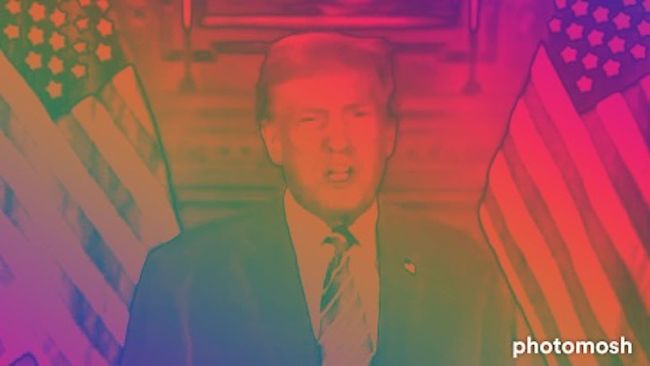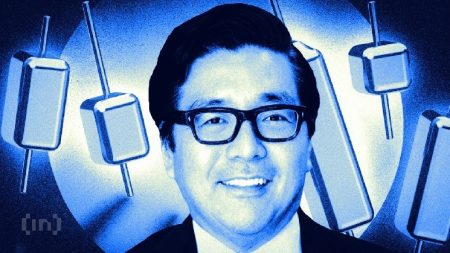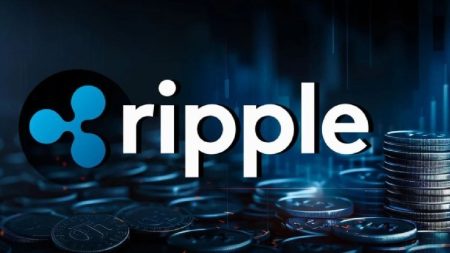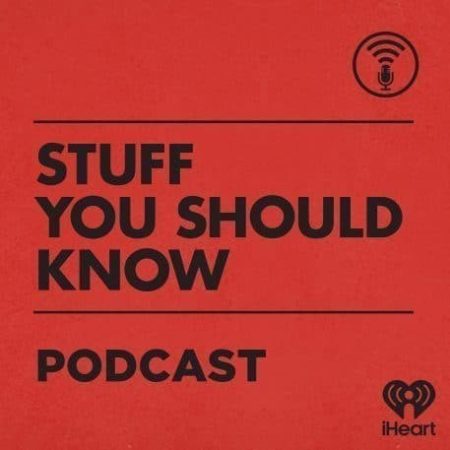World Liberty Financial (WLFI), a cryptocurrency project associated with former President Donald Trump and his family, has found itself at the center of controversy surrounding alleged token swap agreements. A report by Blockworks claimed that WLFI representatives solicited investments from various cryptocurrency protocols, promising to purchase an equivalent value of their tokens in exchange for a substantial buy-in of WLFI tokens plus a 10% fee, ranging from $10 million to $15 million. However, representatives from two protocols whose tokens are currently held in WLFI’s treasury have vehemently denied the existence of such agreements. This denial has sparked questions about the nature of WLFI’s investments and the transparency of its operations.
TRON, whose TRX token constitutes the second largest holding in the WLFI wallet, categorically denied any token swap agreement with WLFI. According to on-chain data analyzed by Arkham, WLFI holds 40.7 million TRX, currently valued at approximately $9.3 million. These acquisitions were made in installments throughout January. This substantial holding, coupled with the timing of the purchases, fueled speculation about a potential quid pro quo arrangement between WLFI and TRON. However, TRON’s unequivocal denial leaves the nature of the transaction open to interpretation.
Movement Labs, another protocol whose MOVE token experienced a significant price surge in late January following WLFI’s purchase of $2 million worth of MOVE, also refuted the claims of a token swap agreement. Rushi Manche, co-founder of Movement Labs, emphatically stated that no tokens were sent to WLFI or any other entity, and that the transactions were solely market purchases. This denial aligns with TRON’s statement, suggesting that WLFI’s investments may have been independent acquisitions rather than pre-arranged swaps.
The timing of WLFI’s MOVE token purchase coincided with rumors of discussions between Movement Labs and the Department of Government Efficiency, reportedly led by Elon Musk. This fueled speculation of a potential connection between the two events, and the possibility that WLFI’s investment was influenced by these rumored discussions. However, with both TRON and Movement Labs denying any swap agreements, the rationale behind WLFI’s investment strategy remains unclear.
The denials from TRON and Movement Labs raise several critical questions about WLFI’s operations and investment practices. If no swap agreements were in place, what motivated WLFI to acquire significant holdings of TRX and MOVE? Was it purely strategic investment based on market analysis, or were there other factors at play? The lack of transparency surrounding these transactions has fueled speculation and raised concerns about potential undisclosed arrangements.
The controversy surrounding WLFI highlights the importance of transparency and accountability in the cryptocurrency space. The lack of clear information about WLFI’s investment strategy and the denials from the involved protocols create an atmosphere of uncertainty. Further investigation and clarification are needed to fully understand the nature of these transactions and ensure that all parties are operating ethically and transparently. This incident serves as a reminder of the need for greater regulatory oversight and due diligence in the rapidly evolving cryptocurrency market. It underscores the importance of clear communication and disclosure to maintain trust and investor confidence in this nascent industry. The situation warrants a thorough investigation to determine the truth behind the allegations and ensure that all parties involved are operating within ethical and legal boundaries. The future of the cryptocurrency market depends on fostering transparency and accountability to mitigate risks and protect investors.















